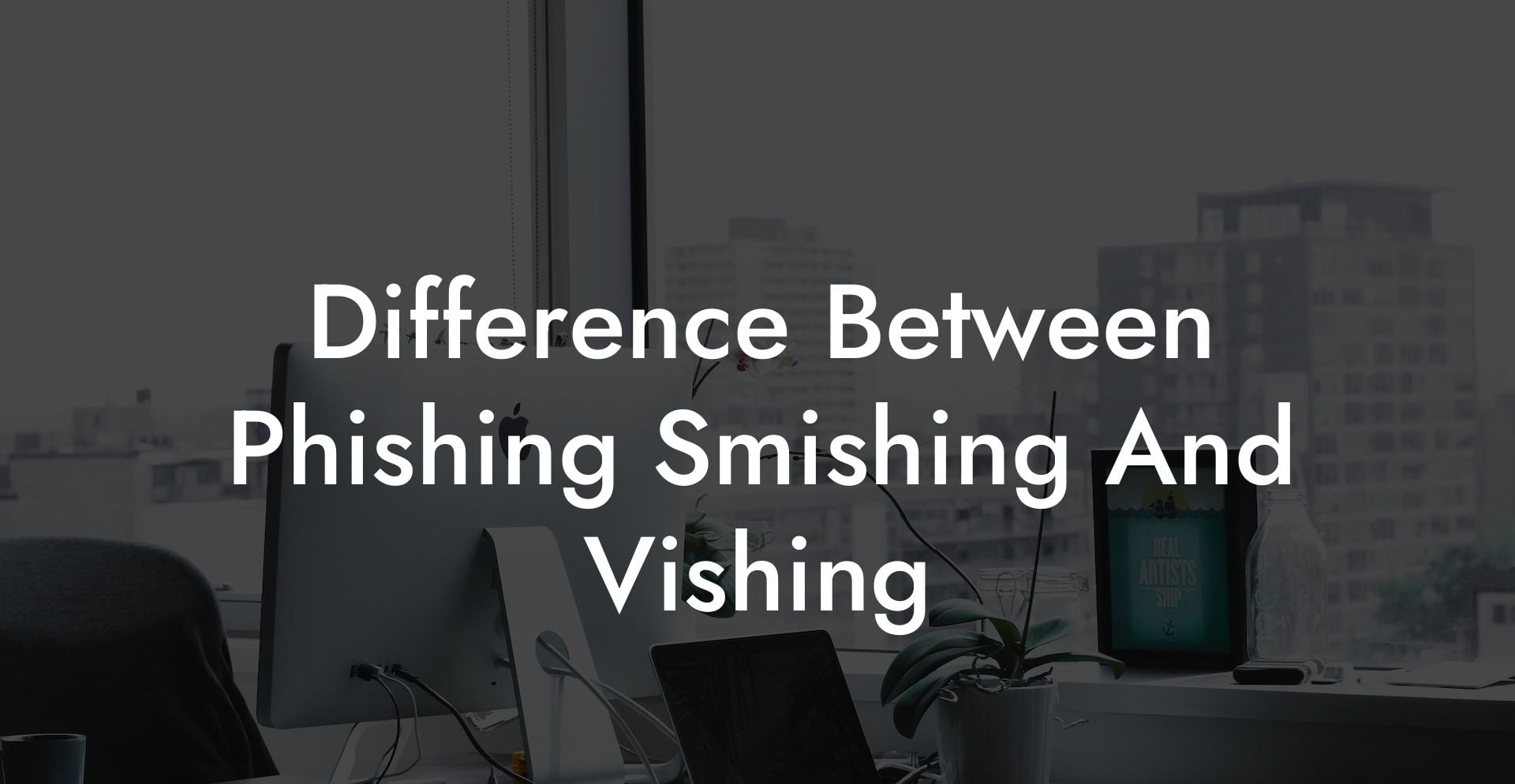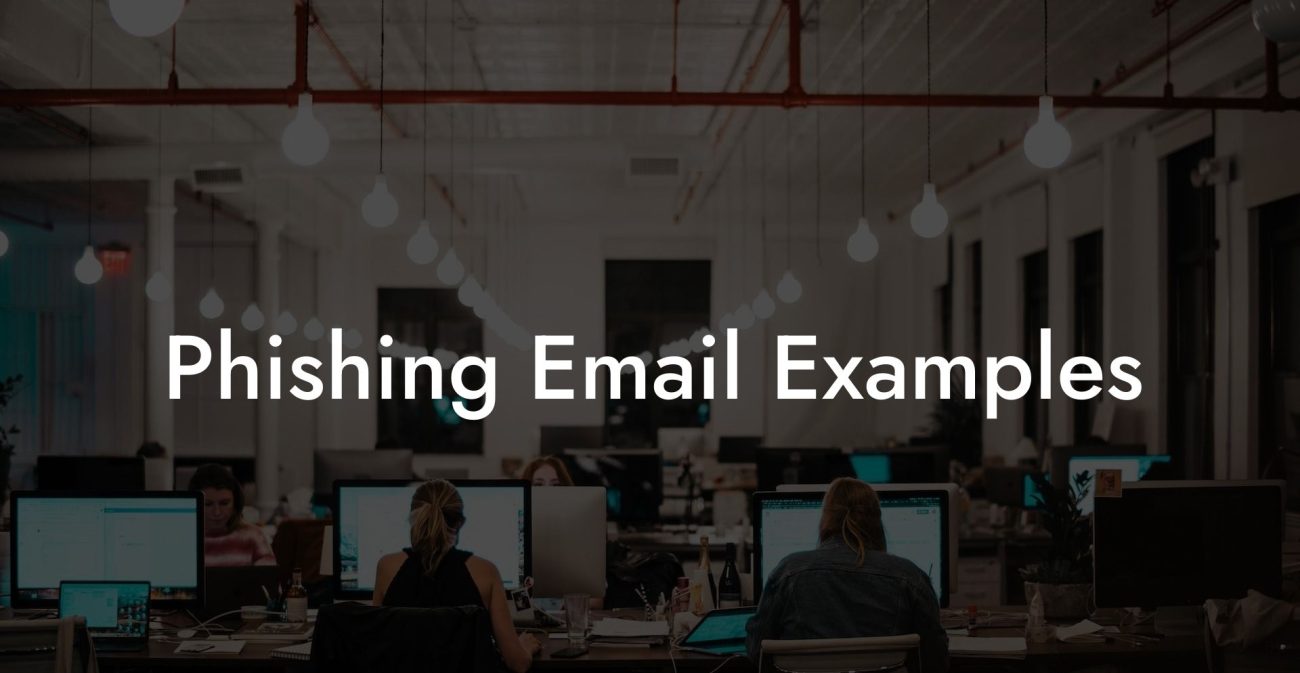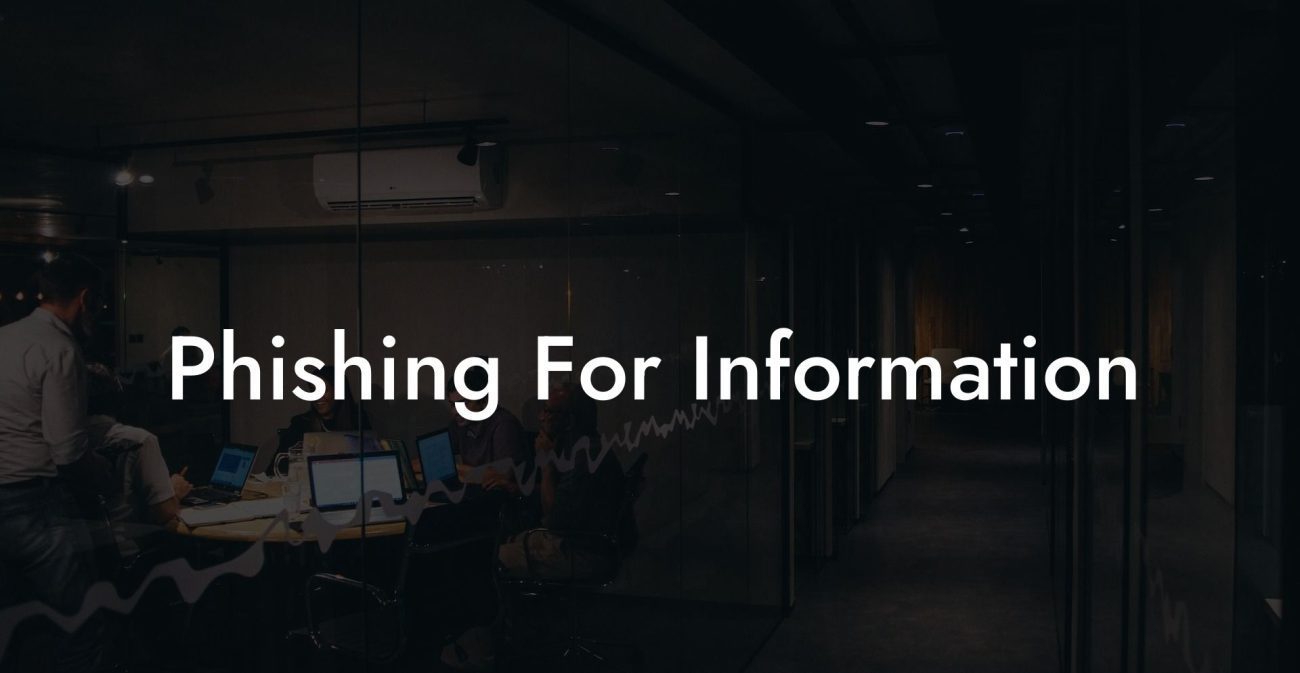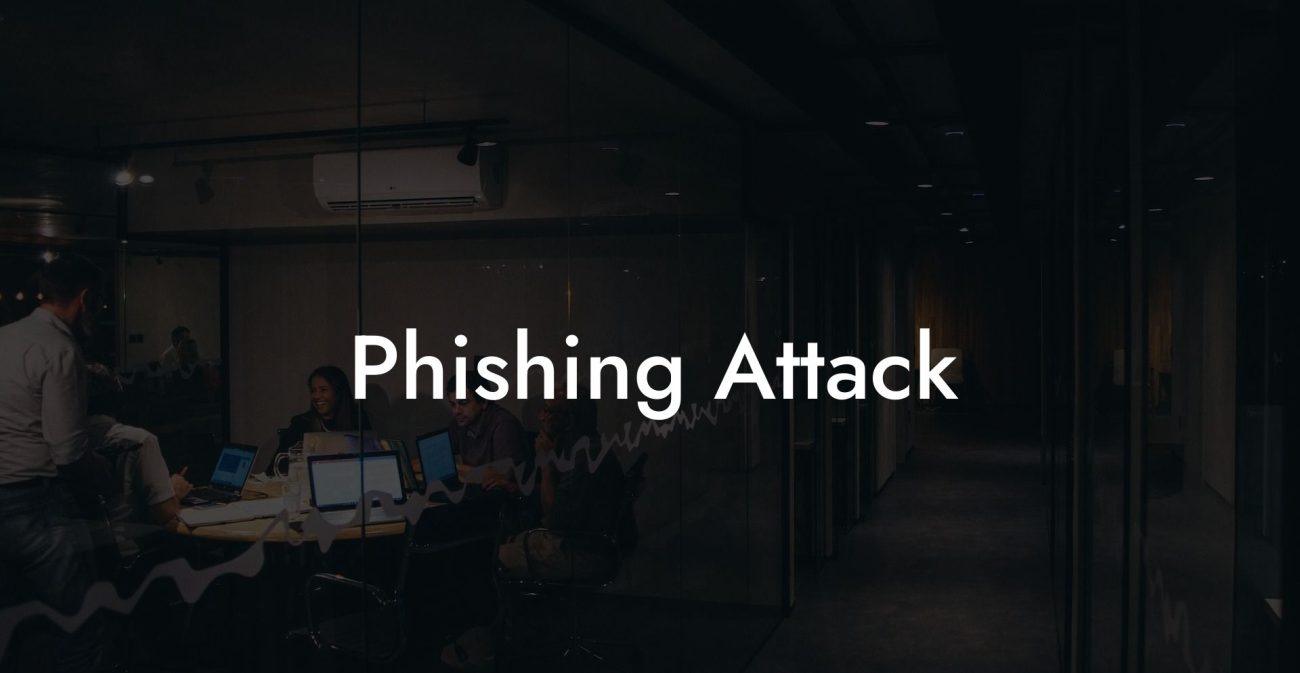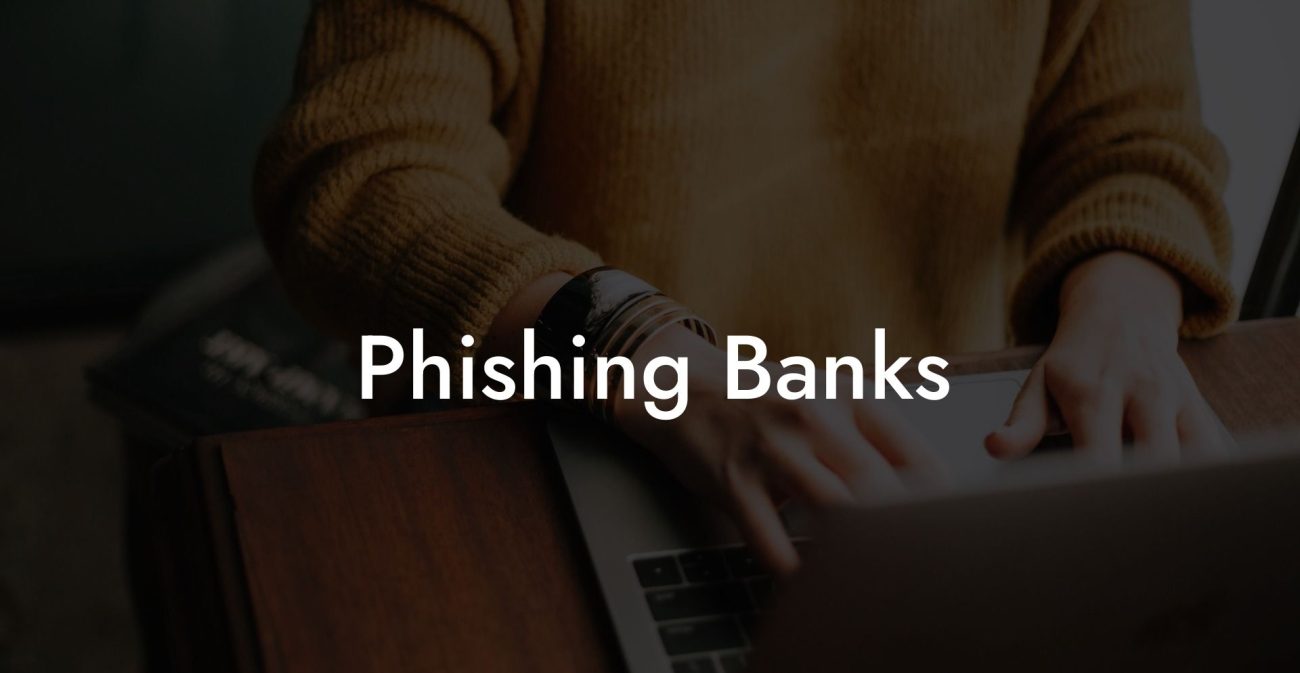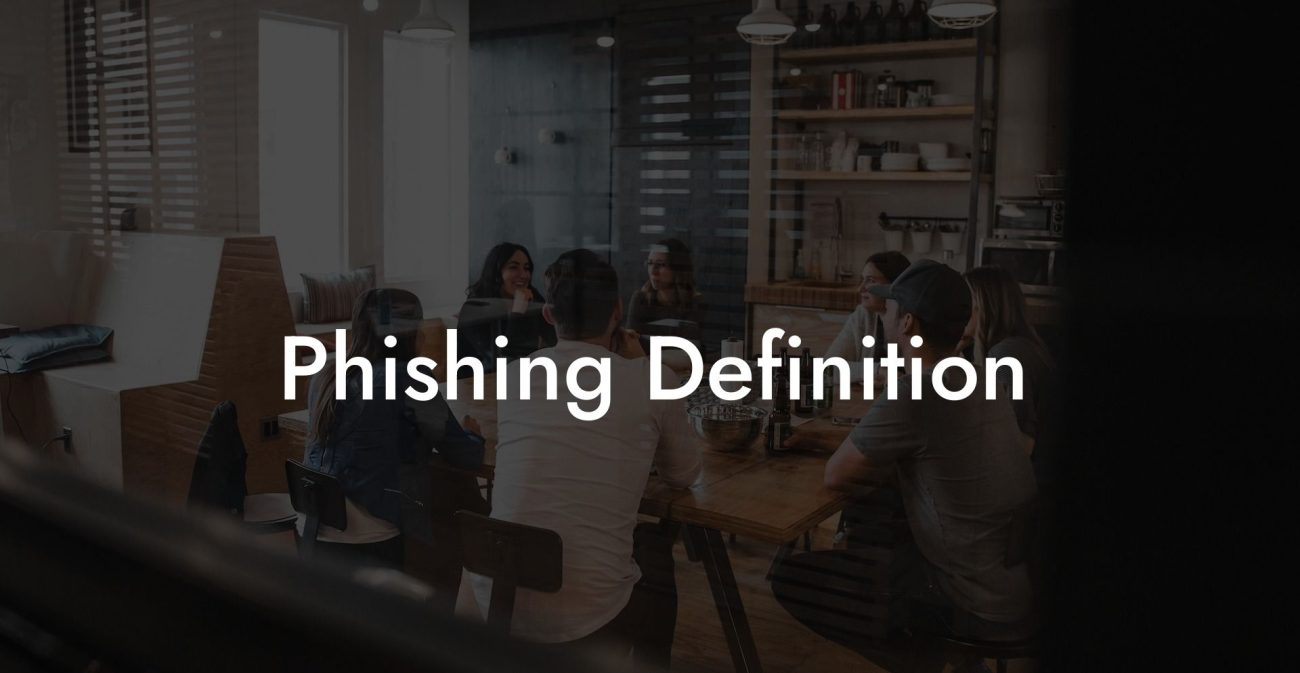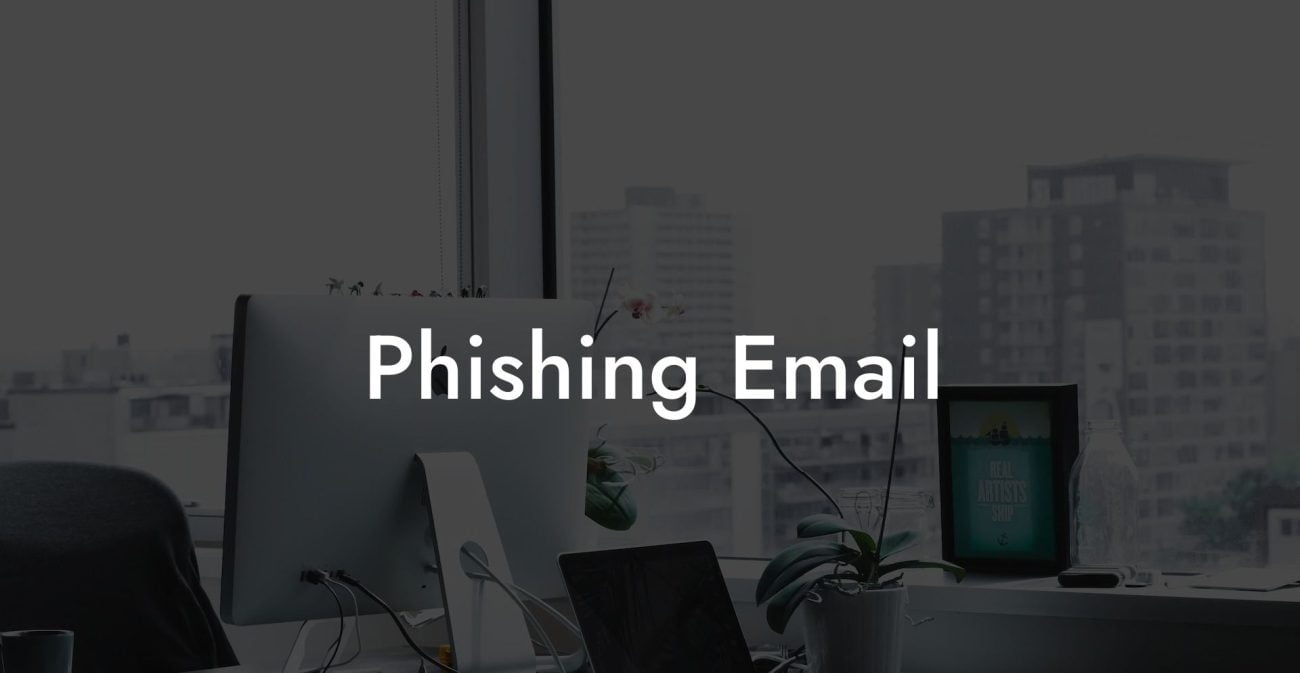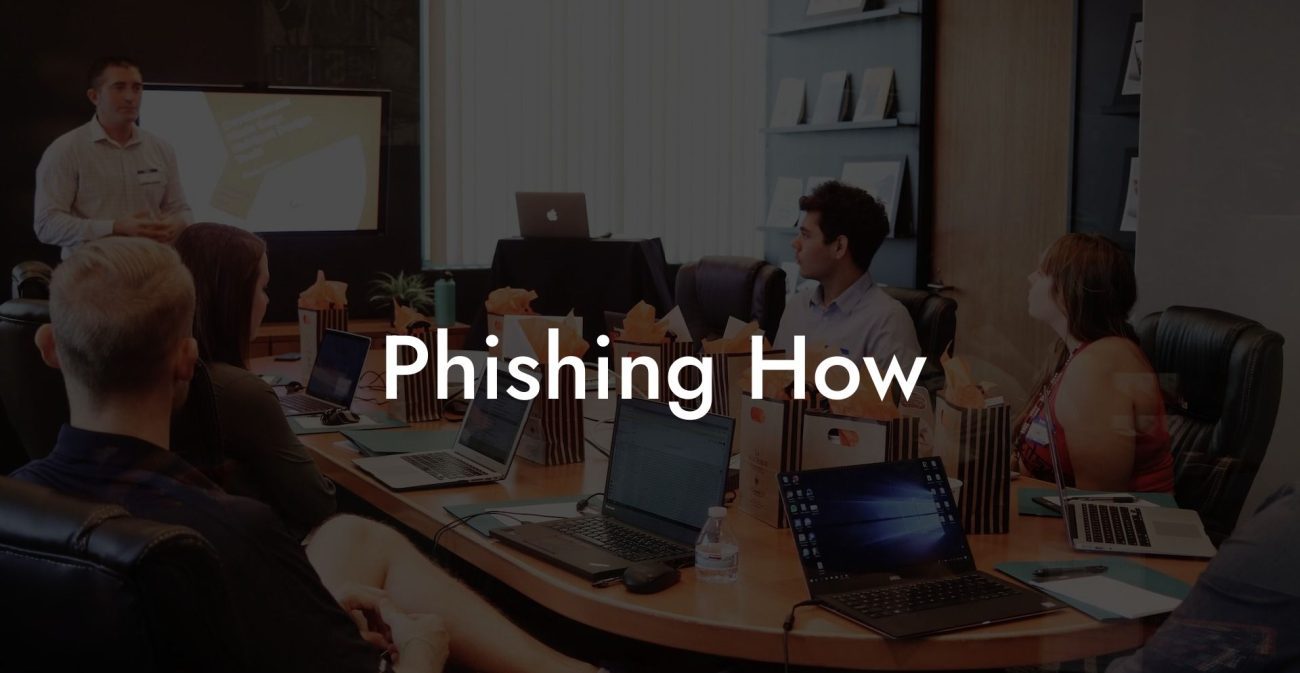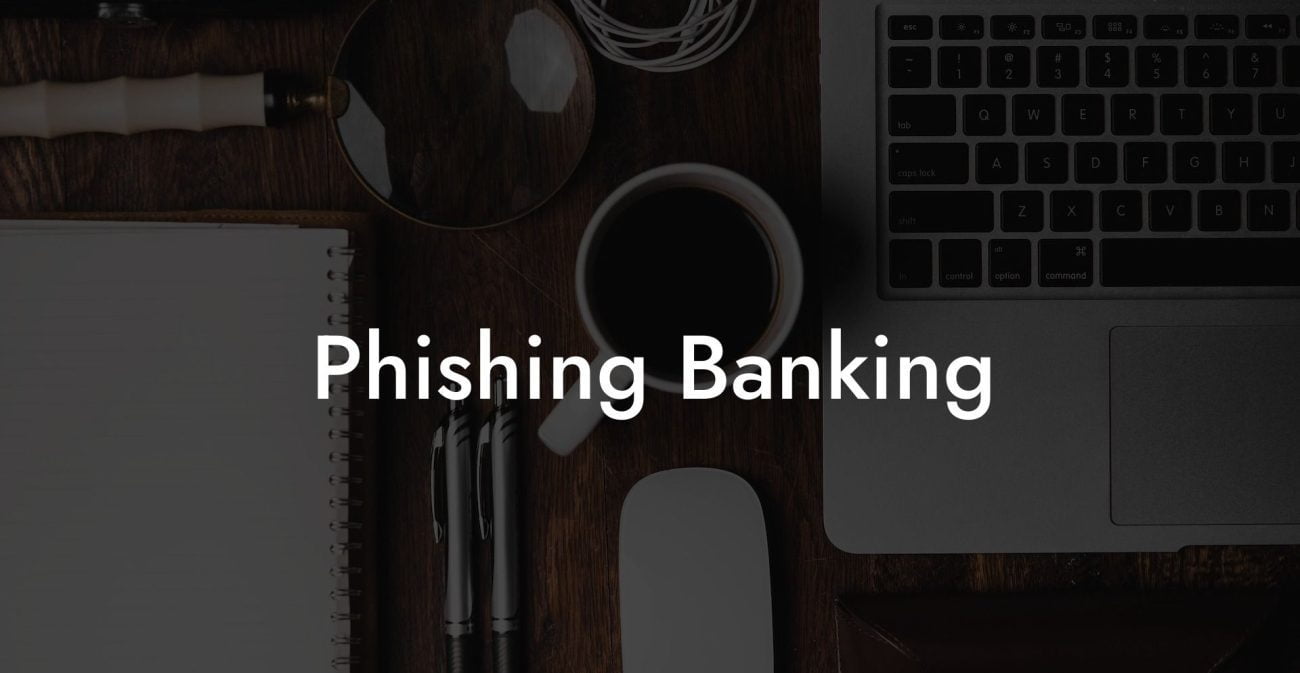Have you ever received a suspicious email, text message, or phone call, asking you to provide sensitive information such as your passwords, banking details, or social security number? These deceptive techniques are designed to manipulate individuals into divulging personal details or clicking on malicious links, and they are collectively referred to as social engineering attacks. Among these attacks, phishing, smishing, and vishing are the most common, and they all target your sensitive information. As huge amounts of our personal data are now stored online, it is crucial to be aware of these threats and learn how to protect ourselves. In this article, we will explore the differences between phishing, smishing, and vishing and provide helpful tips on how to stay safe in the digital world.
Difference Between Phishing Smishing And Vishing Table of Contents
To protect yourself from phishing, take the following steps:
Phishing
Phishing is a fraudulent attempt to obtain sensitive information through the use of deceptive emails. The cybercriminals send carefully crafted messages that appear to be legitimate, often pretending to be from well-known institutions or companies. These emails typically contain malicious links or attachments that install malware on the victim's device. Some phishing emails may directly request sensitive information or encourage the recipient to enter their details on a fake website that closely resembles a legitimate one.
To protect yourself from phishing, take the following steps:
Protect Your Data Today With a Secure Password Manager. Our Top Password Managers:
1. Be cautious about clicking on links or downloading attachments from unknown senders.
2. Double-check the email address and domain of the sender before responding.
3. Look for spelling or grammatical errors, as this may be a sign of a phishing attempt.
4. Verify the authenticity of the communication by contacting the company directly through their official communication channels.
5. Use anti-spam and anti-virus software to protect your device.
Smishing (SMS Phishing)
Smishing is a form of phishing conducted via text messages sent to your mobile phone. This technique is highly effective, as people tend to trust text messages more than emails. The message will often contain a link that directs you to a fake website or asks you to provide personal information. Successful smishing attacks can result in identity theft, unauthorized access to your accounts, and even financial loss.
To combat smishing, follow these guidelines:
1. Do not respond to unknown text messages asking for personal information.
2. Verify any messages claiming to come from a legitimate source by contacting the company directly.
3. Refrain from clicking on suspicious links provided in text messages.
4. Regularly update your mobile device's software to patch security vulnerabilities.
5. Report smishing attempts to your network provider.
Vishing (Voice Phishing)
Vishing is the act of attempting to gather sensitive information over the phone. Scammers will use Voice Over Internet Protocol (VoIP) phone numbers or caller ID spoofing to impersonate legitimate businesses, government agencies, or familiar individuals. They will often use a sense of urgency or intimidation tactics to pressure the victim into divulging personal information or agreeing to some fraudulent transaction.
Protect yourself from vishing by:
1. Never providing sensitive information over the phone unless you initiated the call.
2. Not trusting caller ID, as it can be easily spoofed.
3. Confirming the authenticity of the call by hanging up and dialing the official number of the organization.
4. Reporting vishing scams to the appropriate authorities or business that was being impersonated.
As our lives continue to become more intertwined with the digital realm, the importance of understanding and guarding against phishing, smishing, and vishing cannot be overstated. By being aware of these threats and taking the necessary precautions, you can protect your personal information, finances, and identity from cybercriminals. Remember to share this post to educate your friends and loved ones, and explore other guides on Voice Phishing to stay safe online.
Protect Your Data Today With a Secure Password Manager. Our Top Password Managers:

